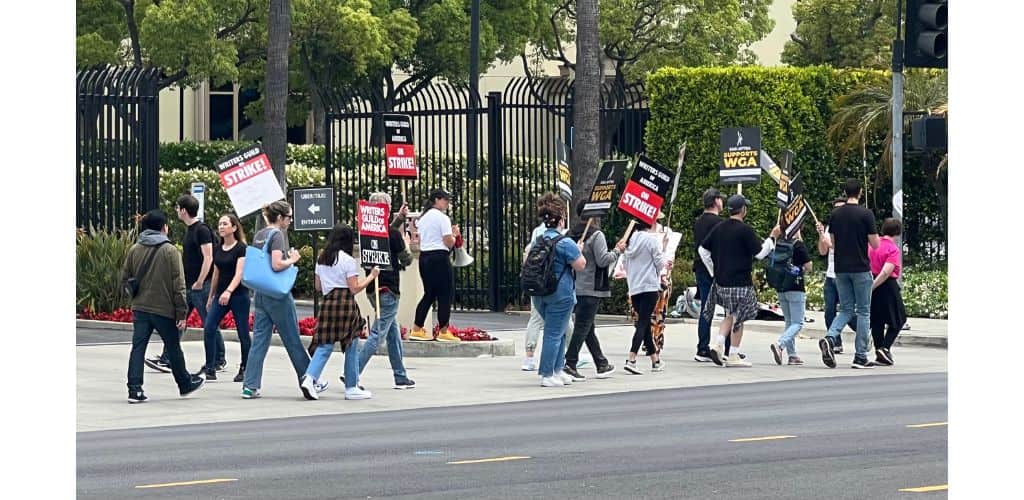The US Senate Judiciary Committee’s Subcommittee on Intellectual Property recently held its second hearing in two months on issues at the intersection of artificial intelligence (AI) and intellectual property (IP) rights.
The most recent hearing focused on copyright law implications of generative AI (GAI) tools like Midjourney and ChatGPT.
As McKinsey & Company explains,
Generative artificial intelligence (AI) describes algorithms (such as ChatGPT) that can be used to create new content, including audio, code, images, text, simulations, and videos.
The GPT in “ChatGPT” stands for “generative pretrained transformer.” More than a million people signed up to use it in its first five days.
As McKinsey notes,
Starry-eyed fans posted examples of the chatbot producing computer code, college- level essays, poems, and even halfway-decent jokes. Others, among the wide range of people who earn their living by creating content, from advertising copywriters to tenured professors, are quaking in their boots.
GPT is essentially a content recycling machine. It takes text, images, sounds, music, and other material that already exists (from the internet or the public domain or image banks or submitted by users) and mashes it up into something that’s both “new” and old.
This is especially problematic when the work of artists with distinctive styles is copied.
As the BBC reports, fantasy artist Greg Rutkowski’s name had been used as a prompt in AI tools that generate art that looks like his more than 400,000 times since September 2022 — without his consent.
Courts and legislatures are, or soon will be, wrestling with issues like the following:
- Does using copyrighted material (art, photos, books, magazine articles, blog, etc.) to “train” GAI constitute copyright infringement?
- Can a person’s image or avatar, created or manipulated using GAI, be used without their consent?
On the first issue, Matthew Sag, Professor of Law at Emory University School of Law, suggested at the recent hearing that using copyrighted material to train AI would be considered “fair use” under copyright law, in the same way that search engines and plagiarism detection tools are considered fair use.
According to Sag,
rather than thinking of the [AI] copying the training data like a scribe in a monastery, it makes more sense to think of it as learning from the training data like a student.
However, thousands of authors disagree.
As the Los Angeles Times reported,
More than 9,000 authors are calling out the tech companies behind generative AI in an open letter that states there is an inherent injustice in exploiting copyright-protected works to train chatbots without consent, credit or compensation.
Comedian and author Sarah Silverman is among many authors suing OpenAI and Meta for using their work to train AI tools, as The Verge reports.
On the second issue, the committee discussed the possibility of a federal right of publicity, or laws that would protect people from AI-based impersonation.
“Impersonation” could include both “deep fakes” – images, audio, music, and so forth manipulated for purposes of politics, pornography, etc. – and virtual “actors” who are artificially created using the scanned and recorded voices and images of real actors.
This is one of the issues that led to the current strike by SAF-AFTRA – the Hollywood actors’ unions.
The AMPTP (a trade association that represents movie studios and streamers) wanted the contractual right to capture background actors’ images in exchange for one day of payment, and then use them in perpetuity without further payment. Actors understandably objected to being put out of work.
The use of AI to recreate human actors was the topic of the “Joan is Awful” episode of the Black Mirror anthology series, which coincidentally premiered just before the actors’ unions went on strike.
State privacy and publicity laws now provide some protection from the unlicensed use of a person’s image and voice. In some cases, these laws even protect the images of dead people.
Just like the haiku above, we like to keep our posts short and sweet. Hopefully, you found this bite-sized information helpful. If you would like more information, please do not hesitate to contact us here.


